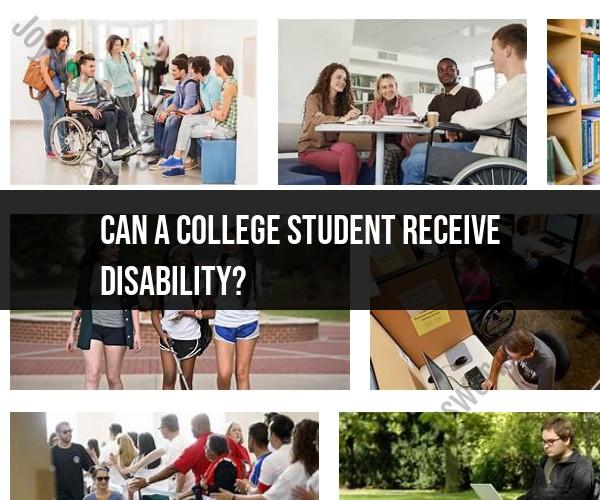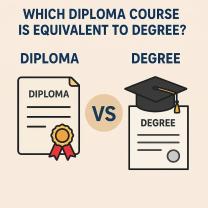Can a college student receive disability?
Yes, college students can receive disability benefits under certain circumstances. The eligibility for disability benefits for college students primarily depends on the type of disability benefits program and the individual's specific situation. Here are some key points to consider:
Social Security Disability Insurance (SSDI):
- SSDI is a federal program in the United States that provides disability benefits to individuals who have worked, paid Social Security taxes, and are no longer able to work due to a disability.
- College students can be eligible for SSDI if they meet the program's requirements. For example, if a college student has a disability that meets the SSA's definition of a disability and has a sufficient work history, they may qualify for SSDI benefits.
- The ability to attend college does not necessarily disqualify someone from receiving SSDI benefits, but the SSA will evaluate whether the disability prevents the individual from engaging in substantial gainful activity (SGA), which is a significant factor in determining eligibility.
Supplemental Security Income (SSI):
- SSI is another disability benefits program in the United States that is based on financial need and disability. Eligibility for SSI is subject to strict income and asset limits.
- College students may be eligible for SSI if they meet the program's disability criteria and have limited income and resources. The SSA considers factors such as financial aid and scholarships when determining eligibility for SSI.
Vocational Rehabilitation Programs:
- Some individuals with disabilities who are college students may be eligible for vocational rehabilitation programs. These programs are designed to help individuals with disabilities gain the skills and support needed to secure employment.
Reporting Changes:
- College students who are receiving disability benefits should report any changes in their education, income, or circumstances to the Social Security Administration (SSA). Changes in education, including changes in enrollment status or financial aid, can affect benefit eligibility and amounts.
Consult with a Social Security Expert:
- Given the complexity of disability benefit programs and the potential impact of attending college on benefit eligibility, it's advisable for college students with disabilities to consult with a social security expert or attorney who specializes in disability law to ensure they understand how their specific situation will be affected.
It's important to note that eligibility criteria and rules for disability benefits can vary by location and change over time. Therefore, individuals should consult with the relevant authorities or a legal professional who is familiar with the current rules and can provide guidance tailored to their circumstances.












